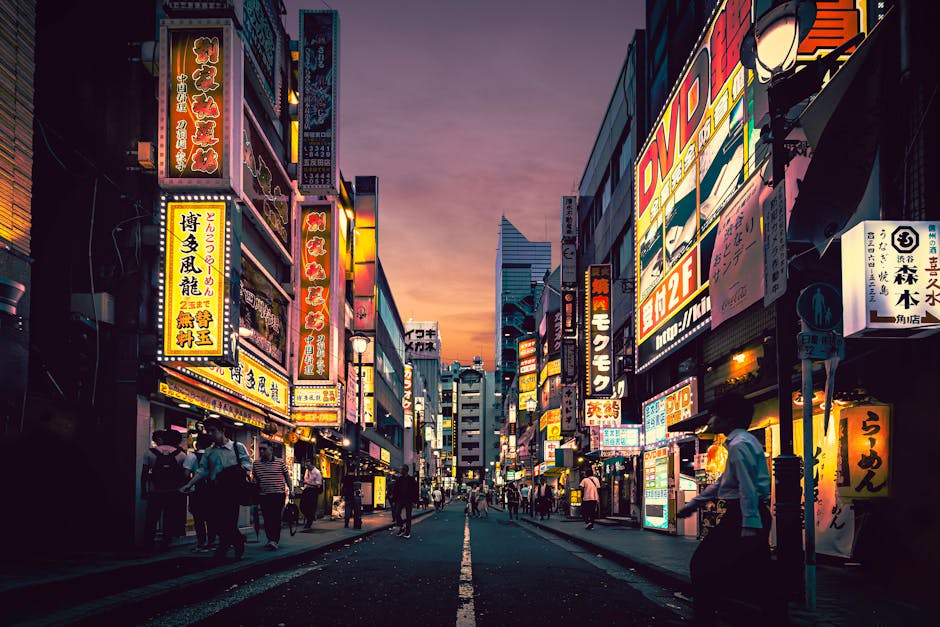Kunihiko Miyake on a Potential Takaichi Cabinet: Navigating Diplomatic Tectonic Shifts with Cold War Wisdom

The mere prospect of a cabinet led by Sanae Takaichi is already sparking significant discussion, with veteran diplomat and commentator Kunihiko Miyake highlighting the potential for what he describes as "tectonic shifts" in Japan's diplomacy and security posture. His recent commentary poses a crucial question: "Is diplomacy and security so different?" and provocatively urges, "Do it during the Cold War era." This perspective underscores the profound strategic challenges and opportunities that could emerge under a Takaichi administration, drawing urgent lessons from a pivotal historical period.
The Prospect of a Takaichi Cabinet and Diplomatic Realignments
The potential inauguration of a Sanae Takaichi cabinet signals more than just a change in political leadership; it hints at a fundamental re-evaluation of Japan's role on the global stage. Takaichi, known for her strong conservative views and clear stance on national security, could usher in an era where Japan's diplomatic and defense policies take on a more assertive and distinct character. Such a shift would inevitably lead to realignments in key international relationships and a re-examination of strategic priorities in an increasingly complex Indo-Pacific region.
Miyake's use of the term "tectonic shifts" is particularly apt, suggesting not mere adjustments but deep, foundational changes that could reshape the very bedrock of Japan's foreign policy framework. These shifts could manifest in various ways, from enhanced defense capabilities and closer intelligence sharing with allies to a more robust stance against regional aggressors and a redefinition of economic security.
Kunihiko Miyake's Insight: Lessons from the Cold War
At the heart of Miyake's commentary is his compelling reference to the "Cold War era." His exhortation, "Do it during the Cold War era," isn't a call to return to a bygone geopolitical structure, but rather an urgent plea for contemporary strategic clarity and decisive action, reminiscent of the Cold War's stark realities. During that period, nations were forced to make unambiguous choices, solidify alliances, and maintain vigilant defense postures in the face of existential threats.
Miyake appears to be suggesting that the current international environment, with its heightened geopolitical tensions and great power competition, demands a similar level of strategic resolve and foresight. Perhaps he implies that the groundwork for a robust and clear-eyed security strategy should have been more firmly established or continuously updated since the end of the Cold War, or that the lessons of that era—of deterrence, alliance management, and ideological competition—are critically relevant now. His questioning of whether "diplomacy and security are so different" today suggests a belief that fundamental principles of statecraft remain constant, even as the specific actors and technologies evolve.
Understanding "Tectonic Shifts" in Foreign Policy
Should a Takaichi cabinet indeed initiate these "tectonic shifts," Japan's foreign policy could evolve towards a more proactive and self-reliant defense posture. This might involve a more explicit commitment to counter-strike capabilities, a strengthened alliance with the United States, and greater engagement with like-minded democracies in the Quad and other regional groupings. Economically, it could entail a stronger emphasis on supply chain resilience and protection of critical technologies.
The implications for regional stability are profound. A more assertive Japan would certainly be watched closely by neighbors and global powers alike, potentially leading to both increased deterrence and heightened diplomatic complexities. Miyake's commentary serves as a stark reminder that such a moment demands not just political will, but also a deep understanding of historical precedents and long-term strategic planning.
As discussions around a potential Sanae Takaichi cabinet continue, Kunihiko Miyake's insights provide a critical framework for understanding the magnitude of the changes that could be on the horizon. His call to reflect on the Cold War era is a powerful reminder that navigating today's complex geopolitical landscape requires historical wisdom, strategic courage, and a clear vision for Japan's future in an ever-shifting world.
Comments
Post a Comment